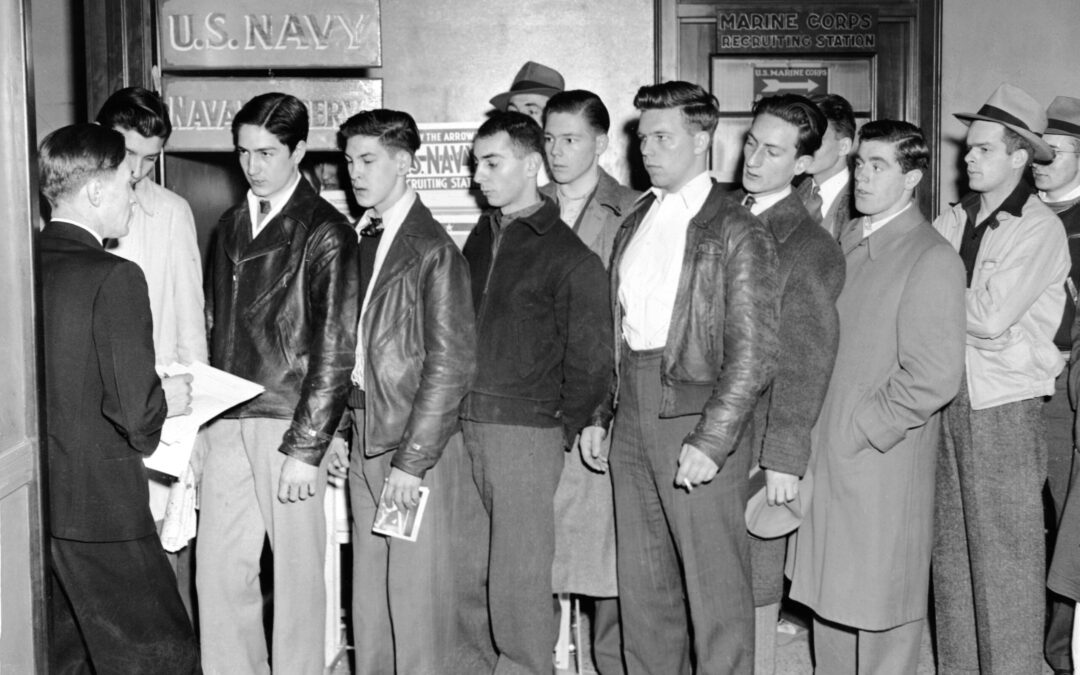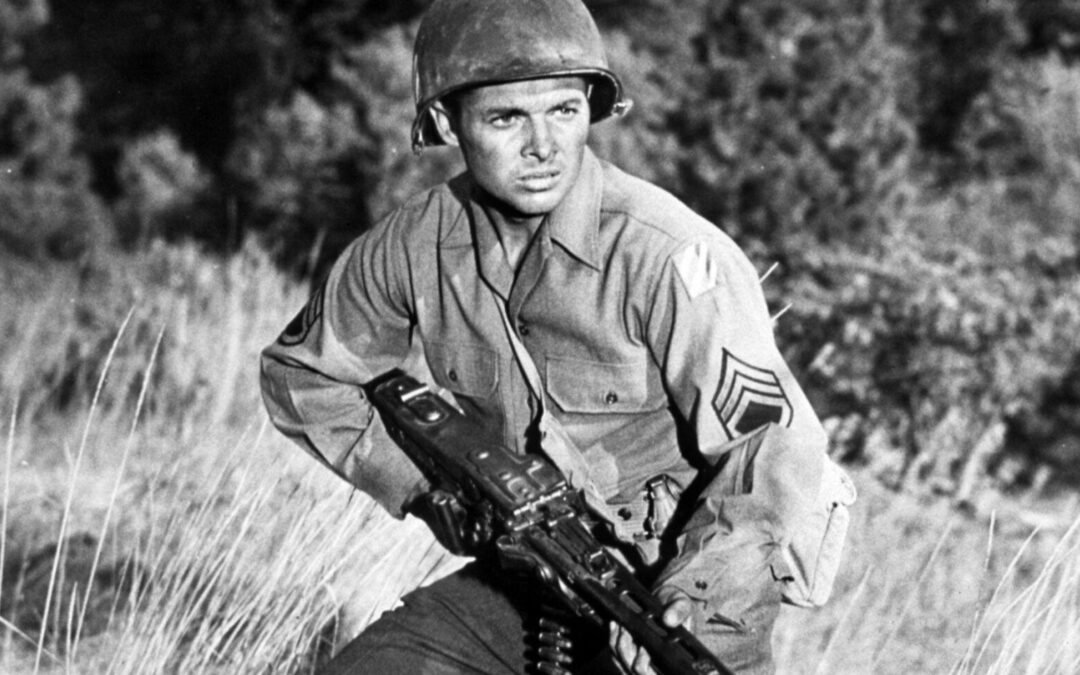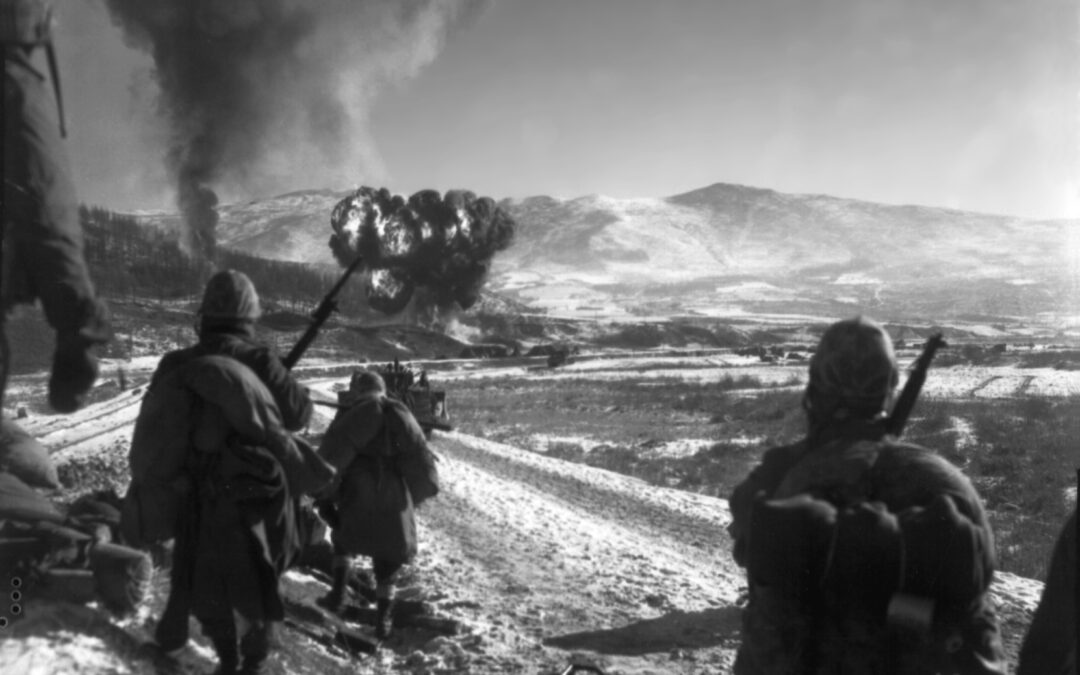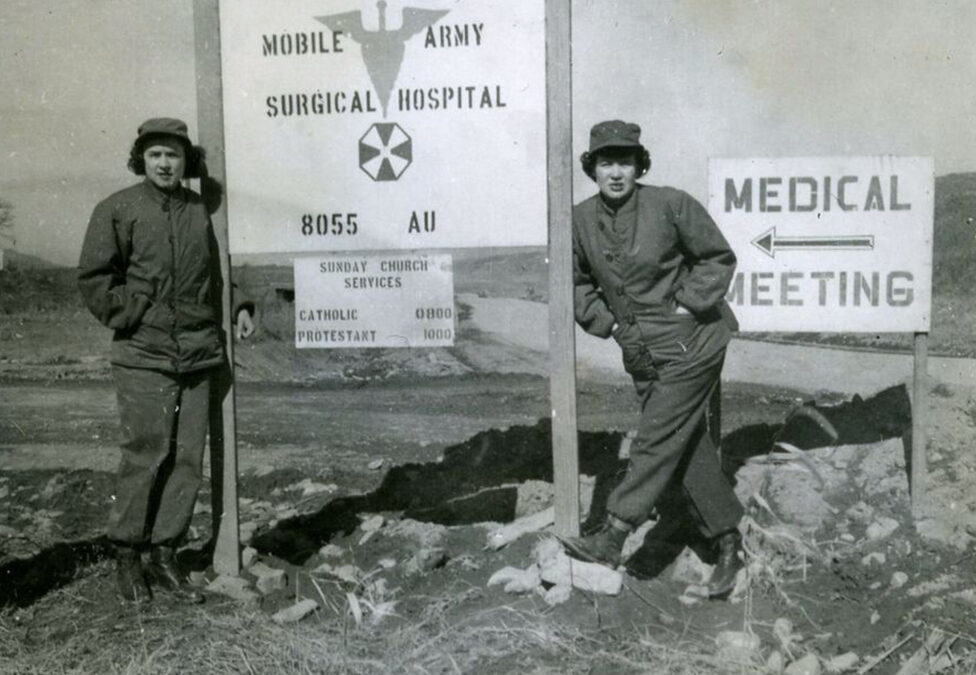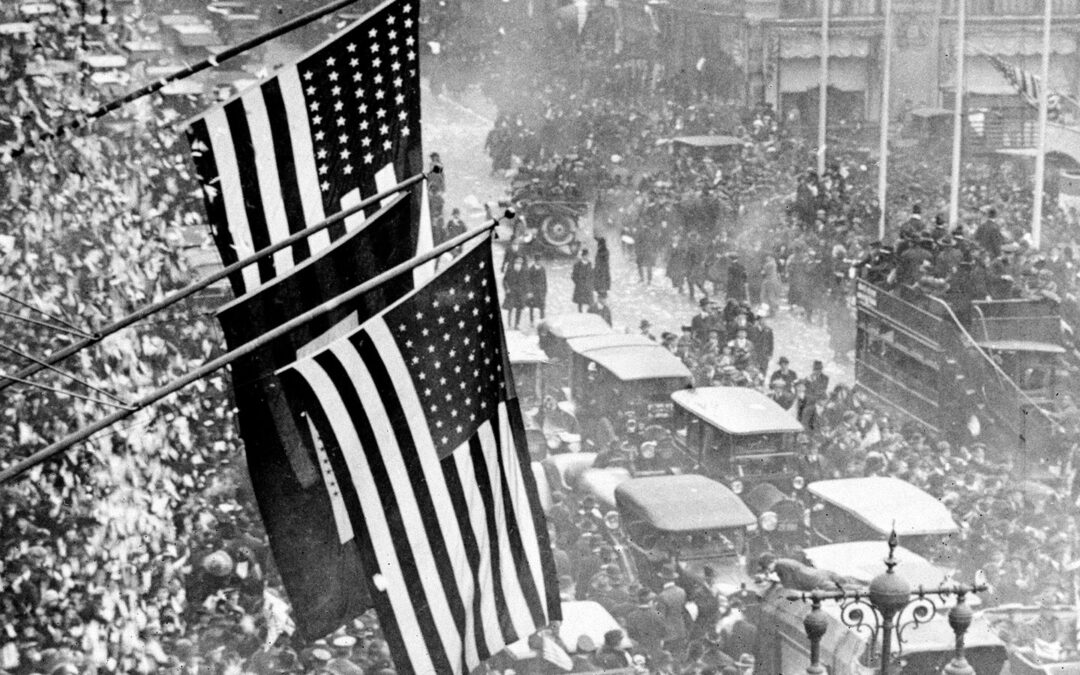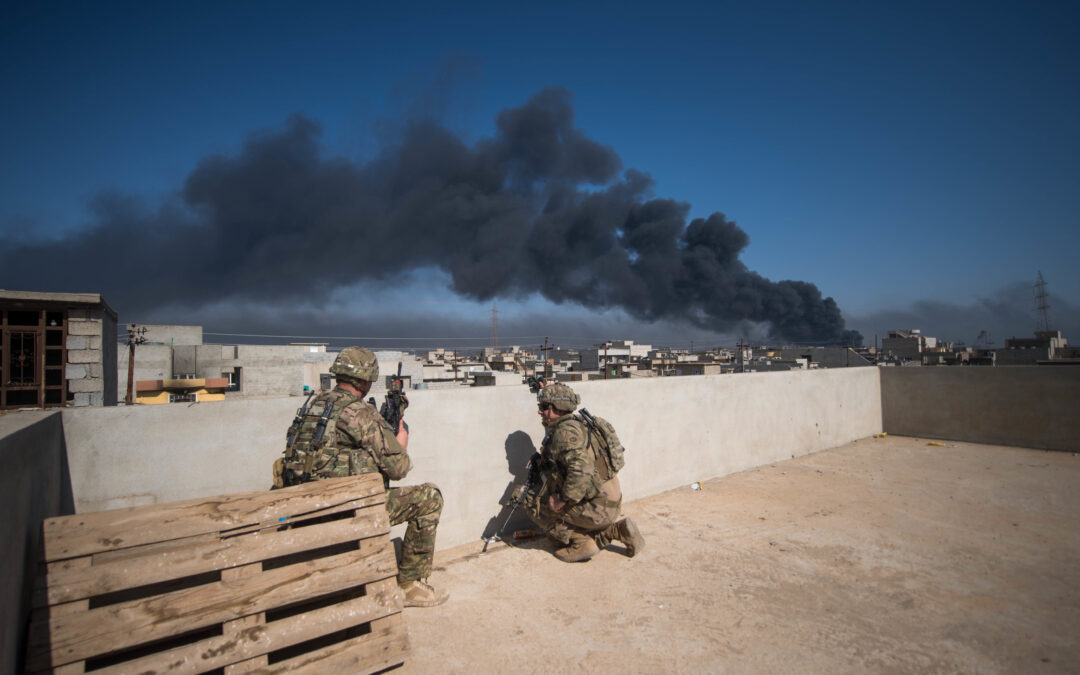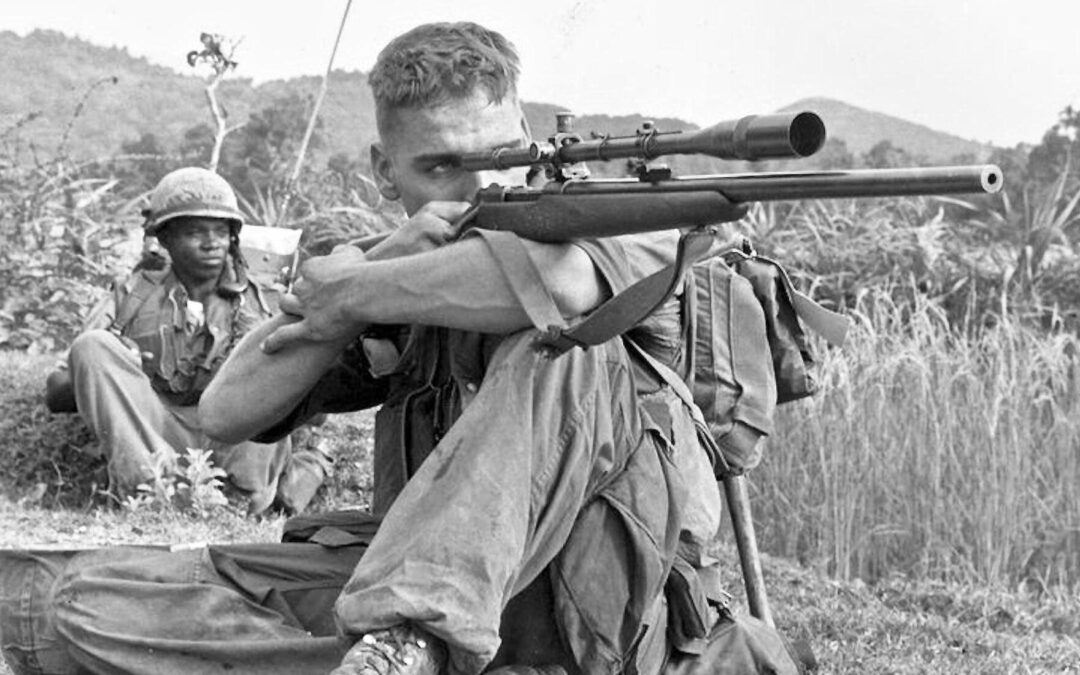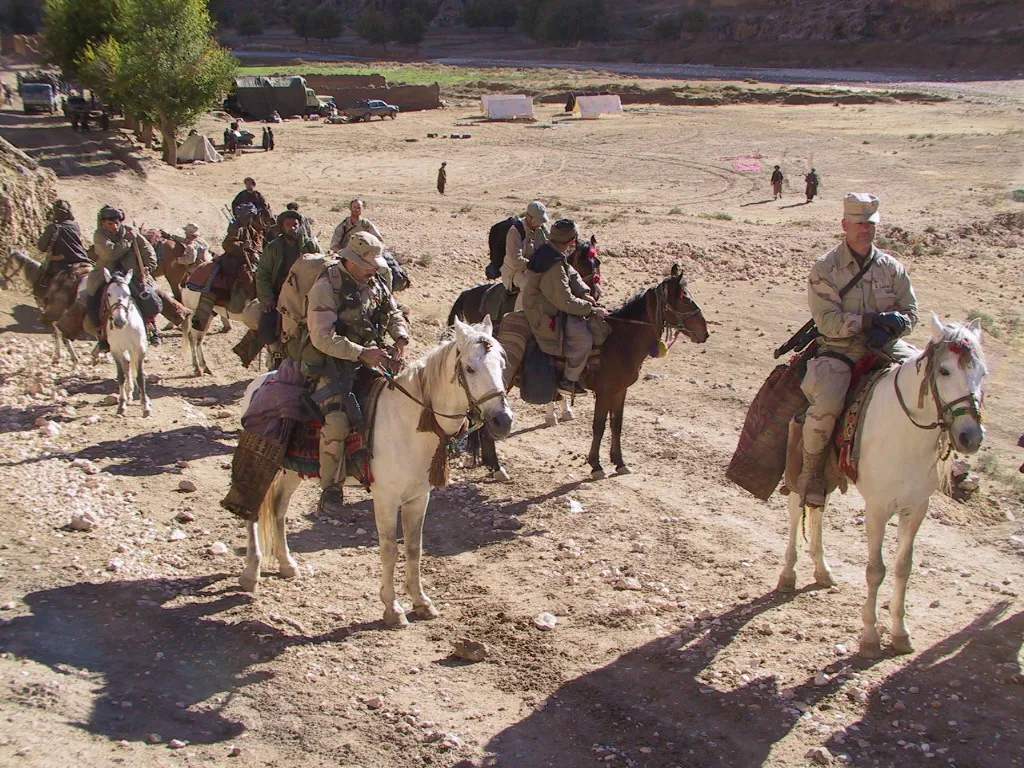This military urban legend is only as old as World War II, and probably because out of so many Americans registered for the war, a relatively small number were actually drafted for the war. It makes sense that more than a handful might not understand why they weren't called up to serve or what the rules for being called up or passed over might be. Only Son Being Exempt from the Draft When the war ended, a number of myths and legends began to circulate. Stories about things that happened during the war were repeated time and again, spreading far and wide. Most of them were true - or started out as true. Like a large game of veteran telephone, some stories got a little distorted. The legend of only children being exempt from the draft is one of those stories that began with a true story but morphed into something else entirely. Over the course of World War II, 49 million men registered for the draft in the United States. More than 407,000 service members were killed, and more...
